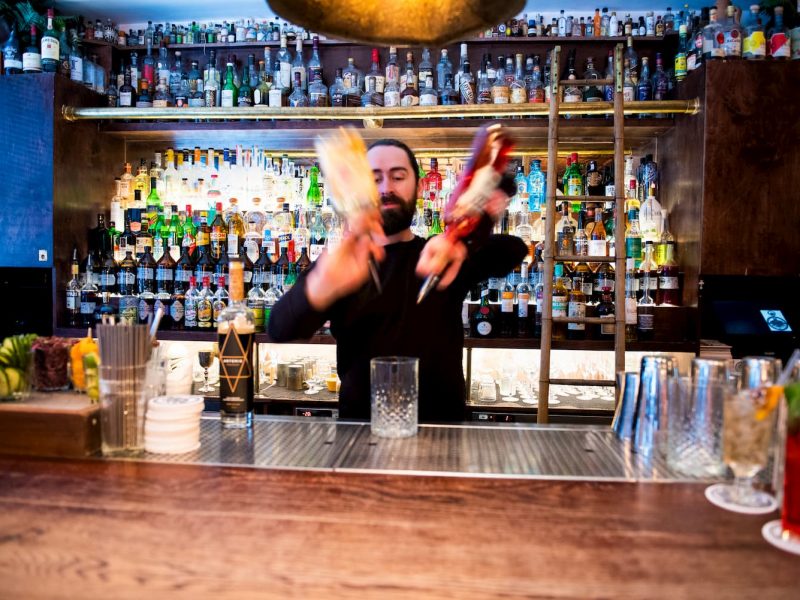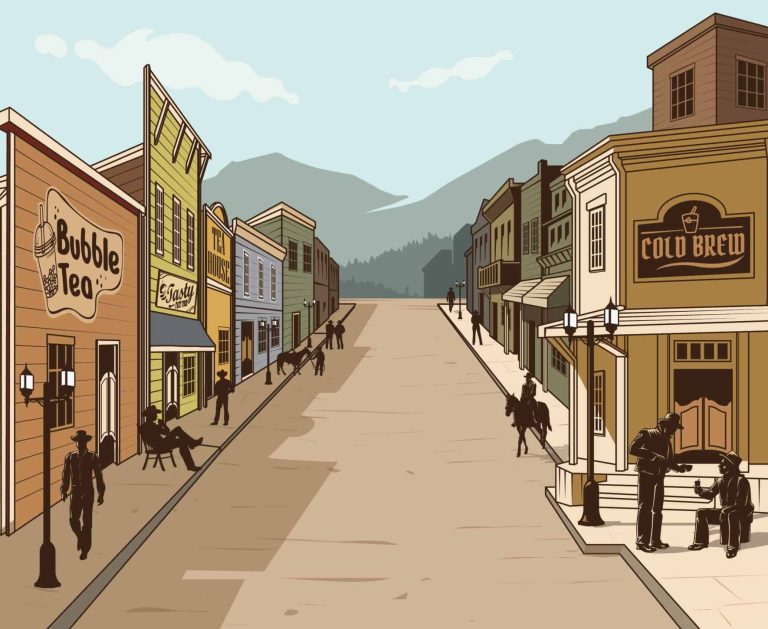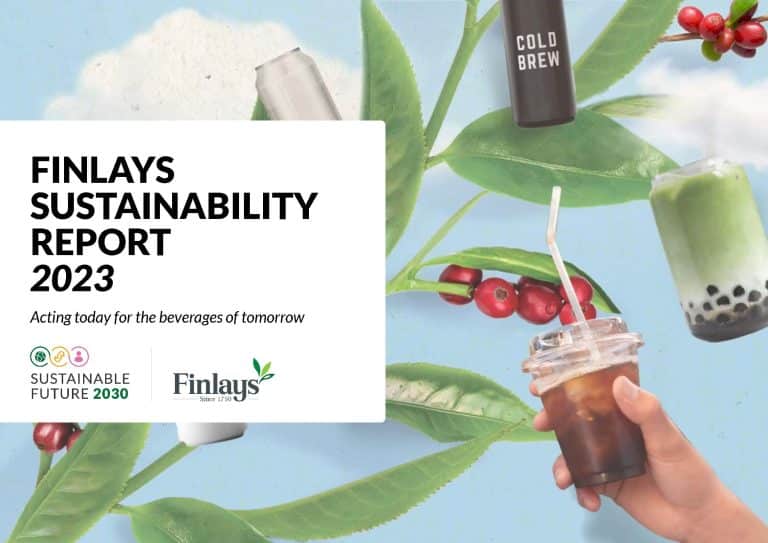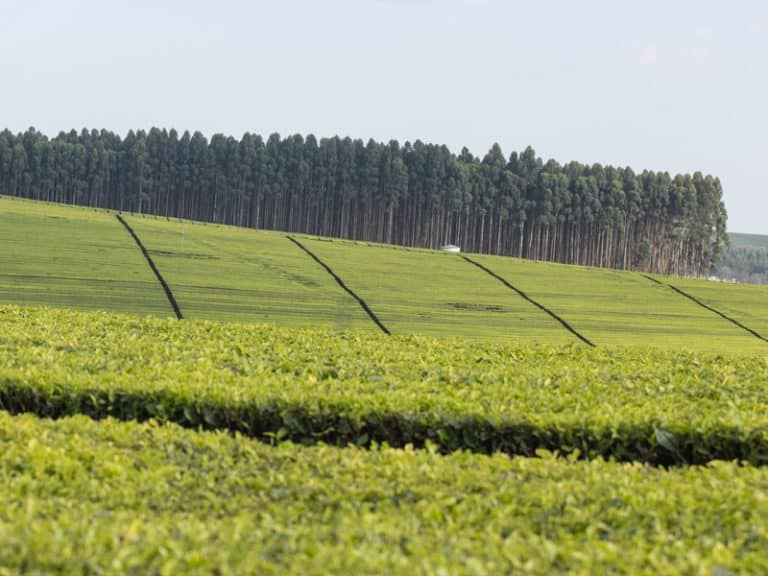Images: Giulio Mazzarini
From espresso martinis to earl grey negronis, the use of tea and coffee in cocktails is more prevalent than ever. To understand this trend, and why tea and coffee are both exciting and practical ingredients for bartenders, 1750 pulled up a barstool with Elliot Ball, co-owner, manager and bartender of The Cocktail Trading Co. – one of the UK’s most esteemed and experimental bar businesses. A neuroscientist by training, Elliot and his partners opened their first pop up in 2014 and now have four locations across the UK, as well as a consultancy arm. Elliot also shared with us the surprising secret ingredient in his espresso martini…
1750: Thanks for joining us Elliot. How did you first get into bartending?
Elliot Ball: After graduating in Psychology/Neuroscience I moved to London and kept bartending, keeping up the academic approach. There weren’t too many neuroscientists who were also slinging cocktails, so I started doing consultancy and, with my partners, we opened The Cocktail Trading Co.
1750: Why do tea and coffee work so well in cocktails?
EB: Tea and coffee is a big thing for us. In cocktails, you have a balance of primary seasonings like sweet, sour, salt, bitter, umami, which tea and coffee help with. But they’re also valuable for their trigeminal aspects like temperature, mouthfeel, astringency.
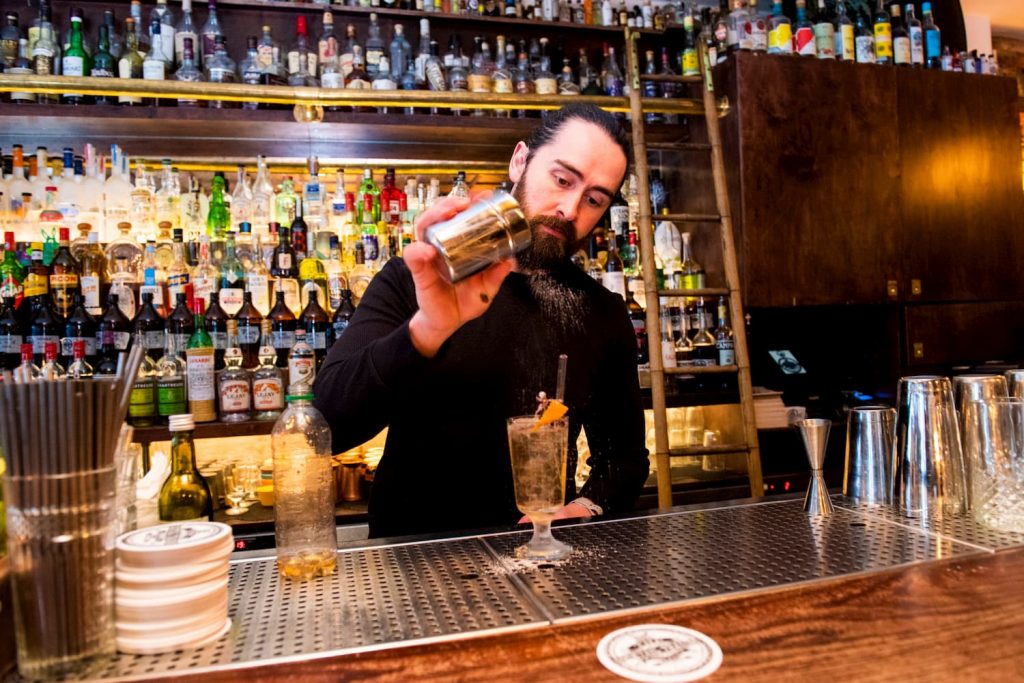
1750: How do you use them in your concoctions?
EB: A key part of our prep is in mixes and it makes sense to use tea and coffee as they’re ready to go – the time is spent on prep not during service. We actually use tea in a lot of drinks without listing it as an ingredient and around a third of all drinks on menu include tea in some form or other.
1750: Could you give an example of how you use tea without listing it?
EB: We use tea for the astringency and mouthfeel it imparts. For our espresso martini, we start with a rooibos and brew coffee into it, producing an extra vanilla note. At no extra cost, this provides an astringency that complements the coffee. It also allows us to add a little more sweetness and salt without it feeling over-seasoned.
1750: Which type of coffee is your go-to?
EB: In cold brew, the characteristic bitterness and astringency is nowhere near as present, allowing other flavours to speak through. Without the bitterness, cold brew works better in cocktails because most of the cocktails out there are sweet and sour which don’t combine well with bitterness.
1750: Which teas do you use?
EB: We use jasmine tea to chill and carbonate our Bride’s Nectar cocktail because it has a floral characteristic that we wanted to complement. While we could carbonate with water, jasmine tea adds florality and astringency. Rooibos is also such a versatile flavour, just one step left of vanilla, while white tea blends offer herbality.
1750: How do customers respond to coffee and tea in cocktails?
EB: Tea and coffee is a more mature set of flavours, as is the allure of caffeine. The astringency and mouthfeel of tea and coffee offer a great deal to the overall satisfaction of a cocktail – it’s a lot better than just sticking a load of sugar in it.
1750: Where do you think things will go next?
EB: The interesting thing isn’t new ideas, it’s seeing where new ideas enter the mainstream. I think as interest grows, we’ll see more intention towards tea as an ingredient, but also a deeper understanding of tea, its variety and where it comes from. As understanding of what tea and coffee are develops, we’re going to have many more interesting drinks.

